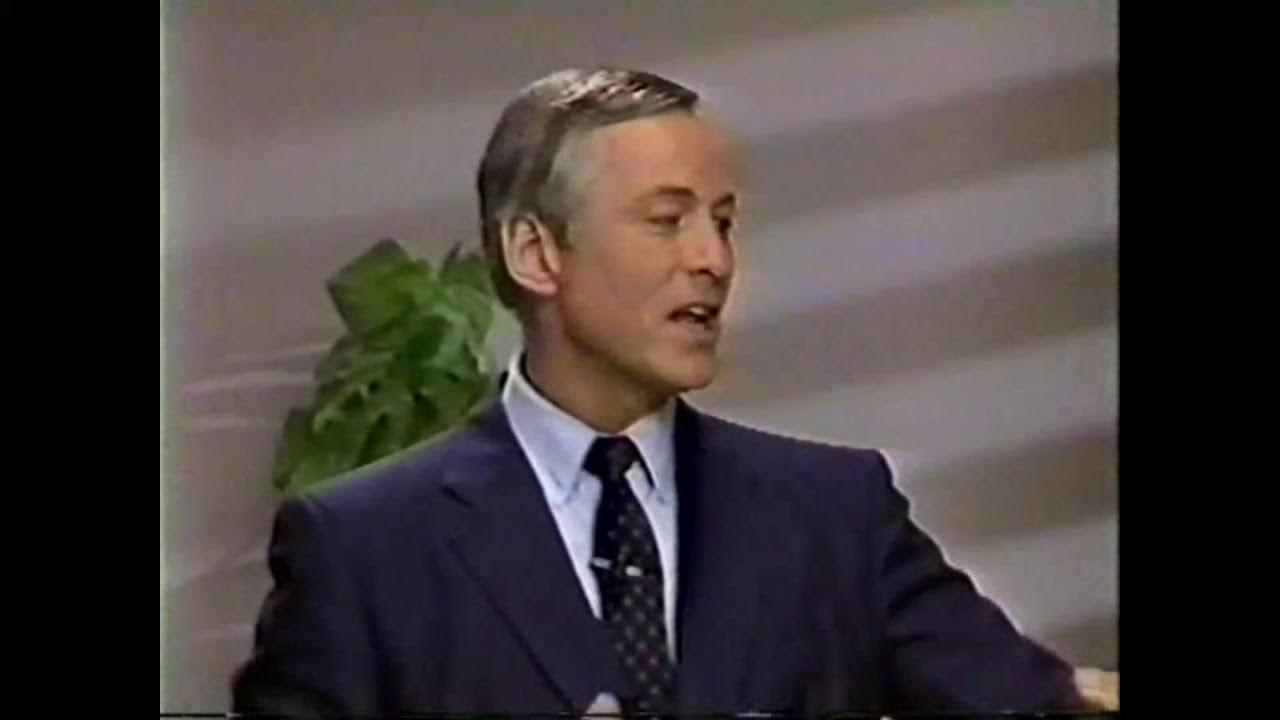How Successful People Manage Their Time (Strategies, Routines & Rules)
Summary
TLDREl guion del video ofrece estrategias prácticas de gestión del tiempo para maximizar la eficacia en 24 horas. Se enfatiza en la importancia de ser un 'esencialista', eligiendo hacer menos pero mejor, y se desmiente la idea de que trabajar en múltiples proyectos simultáneamente es efectivo. Se discuten tácticas como el horario maker-manager, 'come la rana', la matriz de Eisenhower, y la gestión de la energía. Además, se sugieren técnicas como la programación de tareas, la organización del calendario y el 'activity stacking' para aprovechar al máximo el tiempo y la energía disponibles.
Takeaways
- 🕒 La gestión del tiempo efectiva implica decidir qué no hacer y enfocarse en menos tareas, pero de mayor importancia.
- 🧘 La atención y la energía son tan importantes como el tiempo; la sobrecarga de tareas puede dispersar nuestra atención y disminuir nuestra efectividad.
- 📉 La multitarea no es una estrategia efectiva; en su lugar, se debe ser un 'esencialista', priorizando solo lo que realmente importa.
- 🚀 El enfoque en un proyecto o objetivo a la vez puede llevar a resultados más notables y a una mayor satisfacción personal.
- 💡 La creatividad y la solución de problemas mejoran cuando se enfoca en una sola tarea, permitiendo que el subconsciente trabaje en ella.
- 🤔 La gestión del tiempo tradicional a menudo falla porque implica que se pueden hacer todas las cosas, pero en realidad, es necesario sacrificar algunas para avanzar en otras.
- 🌟 La 'perezosidad estratégica' puede ser útil, permitiendo ignorar ciertas tareas no esenciales para poder enfocarse en las que sí lo son.
- 🔋 La gestión de la energía es tan o más importante que la gestión del tiempo; mantener niveles óptimos de energía física, emocional, mental y espiritual es fundamental.
- 🏋️ La capacidad de energía disminuye con el uso excesivo y la falta de renovación, por lo que es importante equilibrar el esfuerzo con períodos de descanso.
- 📅 La organización del calendario y la limitación de tareas diarias puede ayudar a mantener el enfoque y aumentar la productividad.
- 📝 Los métodos de gestión de tareas simples, como 'Getting Things Done', la Matriz de Eisenhower y las 'Tres Listas', pueden ser más efectivos que una sobrecomplicación de herramientas.
Q & A
¿Cuál es el objetivo principal del video?
-El objetivo principal del video es compartir estrategias prácticas de gestión del tiempo para ayudar a las personas a recuperar su tiempo, energía y atención, permitiéndoles enfocarse en lo que realmente importa.
¿Por qué es importante hacer menos para lograr más según el video?
-Hacer menos es importante porque al reducir la cantidad de proyectos y tareas, uno puede concentrar mejor su energía y atención, lo que resulta en un trabajo de mayor calidad y más significativo.
¿Qué diferencia a un esencialista de un no esencialista?
-Un esencialista se enfoca en hacer menos pero mejor, eligiendo cuidadosamente sus tareas y proyectos, mientras que un no esencialista trata de ser todo para todos, tomando demasiadas responsabilidades y sintiéndose abrumado.
¿Cómo el 'pursuit of less' mejora la efectividad?
-El 'pursuit of less' mejora la efectividad porque permite a las personas discernir qué es lo más importante y eliminar lo superfluo, facilitando la ejecución de tareas esenciales y evitando la sobrecarga y el agotamiento.
¿Qué es la 'gestión estratégica de la pereza' y cómo puede ser útil?
-La 'gestión estratégica de la pereza' consiste en ser deliberadamente ineficiente en áreas menos importantes para conservar energía y enfoque para las tareas que realmente importan, mejorando así la productividad en áreas clave.
¿Qué papel juega la gestión de la energía en la productividad?
-La gestión de la energía es crucial porque incluso con una buena gestión del tiempo, sin suficiente energía es difícil ser efectivo. Mantener altos niveles de energía física, emocional, mental y espiritual es esencial para un rendimiento óptimo.
¿Qué son los 'rituales de energía positiva' y por qué son importantes?
-Los 'rituales de energía positiva' son rutinas específicas para gestionar y mantener altos niveles de energía. Son importantes porque ayudan a mantener el compromiso total y el rendimiento sostenido a lo largo del tiempo.
¿Cómo puede la 'programación de creador y gestor' mejorar la productividad?
-La 'programación de creador y gestor' mejora la productividad al separar el trabajo creativo del administrativo, permitiendo bloques de tiempo dedicados a tareas creativas sin interrupciones, lo que maximiza la concentración y la efectividad.
¿Qué es la 'Matriz de Eisenhower' y cómo se utiliza?
-La 'Matriz de Eisenhower' es una herramienta para priorizar tareas basada en su urgencia e importancia. Las tareas se clasifican en cuatro cuadrantes: importante y urgente, importante y no urgente, no importante y urgente, y no importante y no urgente, ayudando a decidir qué hacer, planificar, delegar o eliminar.
¿Cómo se puede usar la 'regla de los dos minutos' para mejorar la eficiencia?
-La 'regla de los dos minutos' sugiere que si una tarea puede completarse en menos de dos minutos, debe hacerse de inmediato. Esto ayuda a cerrar ciclos rápidamente y reduce la acumulación de pequeñas tareas pendientes, mejorando la eficiencia general.
Outlines

Этот раздел доступен только подписчикам платных тарифов. Пожалуйста, перейдите на платный тариф для доступа.
Перейти на платный тарифMindmap

Этот раздел доступен только подписчикам платных тарифов. Пожалуйста, перейдите на платный тариф для доступа.
Перейти на платный тарифKeywords

Этот раздел доступен только подписчикам платных тарифов. Пожалуйста, перейдите на платный тариф для доступа.
Перейти на платный тарифHighlights

Этот раздел доступен только подписчикам платных тарифов. Пожалуйста, перейдите на платный тариф для доступа.
Перейти на платный тарифTranscripts

Этот раздел доступен только подписчикам платных тарифов. Пожалуйста, перейдите на платный тариф для доступа.
Перейти на платный тарифПосмотреть больше похожих видео

Your Workouts Are Too Long | Starting Strength Coach Talks

Formación en habilidades blandas, Gestión del tiempo-Modulo 3

Time Management for Students to Achieve Academic Excellence

Domina tu tiempo: estrategias para una gestión eficaz | Alberto Rosalino Ortiz | TEDxLasBrisas

CURSO DE ADMINISTRACIÓN DEL TIEMPO EN 5 MINUTOS | Carlos Muñoz

Modulo 17 ESTRATEGIAS DE ADMINISTRACIÓN
5.0 / 5 (0 votes)
